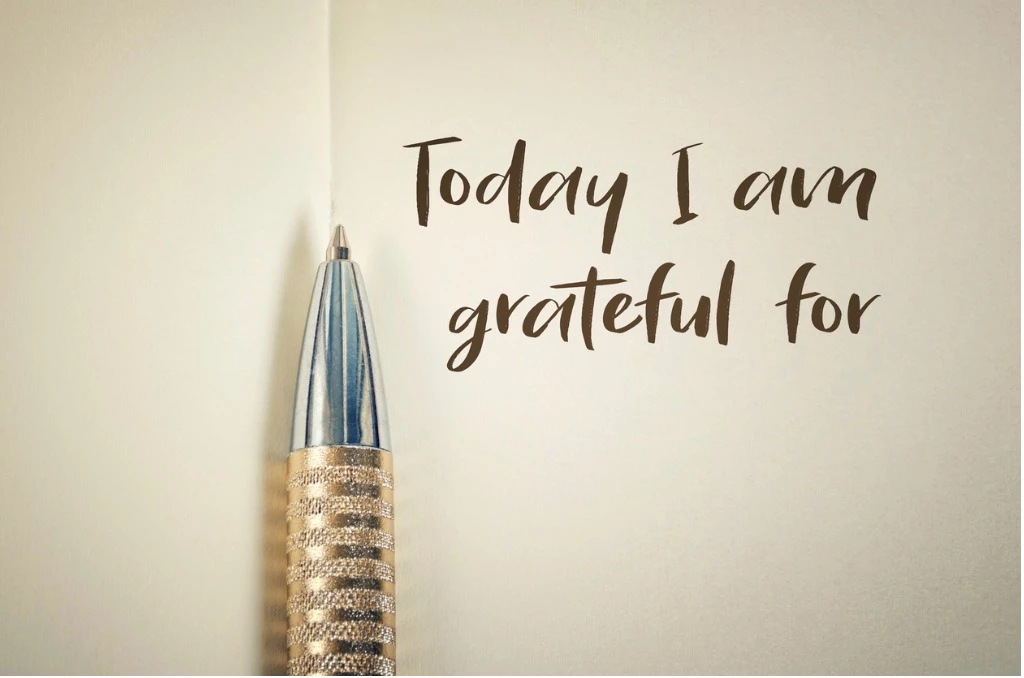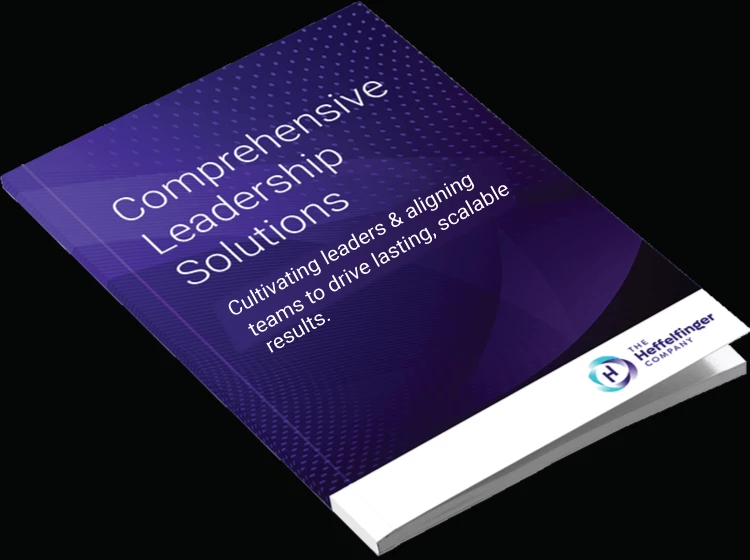"Gratitude can transform common days into thanksgivings, turn routine jobs into joy, and change ordinary opportunities into blessings." ~ William Arthur Ward
With the U.S. Thanksgiving holiday around the corner, we want to take some time to share some of our thoughts about Gratitude with you. We encourage you to do the same with your employees, clients, friends, and family.
This year has been exceedingly difficult for many of us, and yet we have so much to be thankful for (all are equally important!)
Our health, not an easy feat in a pandemic, our marriage, our relationships
Our family (mother, siblings, cousins, and our exchange students)
Our clients (long-standing, new, and past – we never forget you)
Our colleagues (coaches, consultants, THC staff, fellow volunteer board members)
Our friends (near and far)
You are always in our hearts, no matter how long it’s been since we have last spoken!
What is Gratitude?
It’s an emotion expressing appreciation for what one has versus what one wants. According to Psychology Today, Robert Emmons, a leading gratitude researcher and professor of psychology at UC Davis, states that gratitude has two key components: “First, it’s an affirmation of goodness, we affirm that there are good things in the world, gifts, and benefits we’ve received.” The second, he explains, “We recognize that the sources of this goodness are outside of ourselves…” and “We acknowledge that other people—or even higher powers, if you’re of a spiritual mindset—gave us many gifts, big and small, to help us achieve the goodness in our lives.”
Gratitude Benefits:
Emmons’ studies of more than 1,000 people found that those who practice gratitude consistently, report physical (e.g. stronger immune systems, lower blood pressure), psychological (e.g. higher levels of positive emotion, more optimism) and social benefits (e.g. are more forgiving, helpful, generous, compassionate). According to an article in Greater Good Magazine (Berkeley), “How Gratitude Can Transform Your Workplace,” research on gratitude in the workplace showed that people who practice gratitude had more positive emotions, less stress and fewer health complaints, a greater sense that “we can achieve our goals,” used fewer sick days and had higher satisfaction with their jobs and coworkers.
What are some of the ways you express gratitude in your workplace?
A founder of a healthcare company, Mark Baiada, gifted his employees $20 million because he said: “I wanted to show some gratitude to everybody for all the hard work you’ve done taking care of our clients.” We would all like to work there!
If you have been following our blog, you know Culture starts at the top with YOU the leaders. So, what you do to practice gratitude sets the tone for how gratitude is practiced in your organizations. One of the most effective ways our clients benefit from gratitude is through the use of a gratitude journal. We encourage you to write down three things you are grateful for at the end of each day.
Gratitude examples: I am grateful for…
- The opportunity to work from home this year.
- My co-worker who challenges me to grow.
- The time I get to spend with my family.
- The flock of birds I saw at lunch reminding me to soar.
Our gratitude! We are grateful for:
- YOU, our clients, for the opportunity to learn alongside you as we work together make Good Leaders Great and Great Organizations Better!
- Our soon to be clients for your courage to step up, to have courageous conversations, to take on your roles in leadership to build great organizations with great cultures for the great people you lead.
- Our team for the heart, spirit, and passion you give to our clients and us, personally.
- Our friends and family who support us unconditionally in the work we are so passionate about.
Wishing you a holiday of gratitude and joy!
All of us at The Heffelfinger Company!
Lori, James, Kerry, Margo, Robin and all-our coaches & consultants
---
Lori Heffelfinger, MSOD, PCC & James Jackman, MSOD
References:
“Why Gratitude is Good” by Robert Emmons
“Gratitude” by Psychology Today
“How Gratitude Can Transform Your Workplace” Greater Good at University of California, Berkeley







